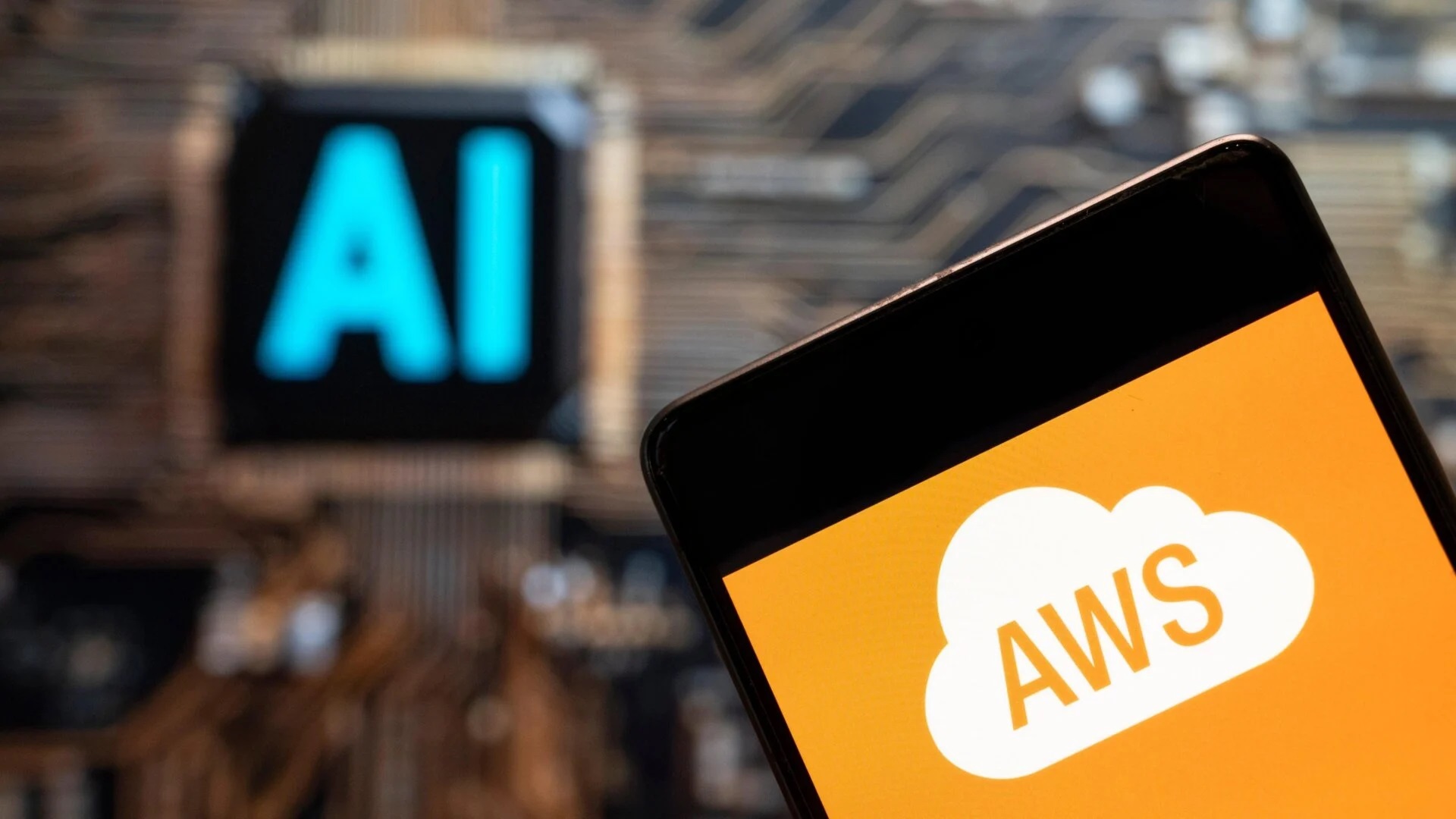In the heart of Austin, Texas, Amazon's semiconductor laboratory buzzes with relentless innovation, recently showcasing a groundbreaking server architecture meticulously tested by a team of dedicated engineers. Amazon Executive Rami Sinno, during a tour of the facility, illuminated the server's utilization of Amazon's proprietary AI chips, marking a significant stride towards challenging Nvidia's dominance in the AI chip sector.
Amazon's decision to engineer its own processors stems from a desire to circumvent dependency on Nvidia and the associated high costs of purchasing their chips, which are pivotal to Amazon Web Services burgeoning AI cloud services, the cornerstone of the company's growth. The so-called "Nvidia premium" compelled Amazon to seek a cost-effective alternative.
Amazon's chip development initiative serves dual objectives: offering clients more economical alternatives for handling complex computations and voluminous data processing, while fortifying the company's competitive edge in the rapidly evolving cloud computing and AI landscape. This strategic move aligns with the pursuits of tech titans like Microsoft and Alphabet, both of which are cultivating custom silicon to safeguard their market leadership.
Rami Sinno, Engineering Director at Amazon's Annapurna Labs—a pivotal component of the AWS ecosystem—highlighted the escalating customer demand for cost-effective substitutes to Nvidia's offerings. Amazon's 2015 acquisition of Annapurna Labs proved prescient, providing a solid foundation for the development of popular chipsets.
Though nascent, Amazon's AI-focused chips complement a decade-long history of refining mainstream applications, prominently featuring the fourth-generation Graviton chip. Amazon has unveiled its Trainium and Inferentia chips, advanced processors specifically engineered for AI tasks, which, despite being in early stages, promise significant performance enhancements.
According to David Brown, AWS's Vice President of Compute and Networking, Amazon's in-house chips could potentially offer a 40-50% better price-performance ratio than Nvidia's solutions, translating into substantial savings for AWS clients executing AI workloads.
AWS's pivotal role in Amazon's financial health is indisputable; in the first quarter of this year, AWS accounted for nearly one-fifth of Amazon's total revenue, with sales escalating by 17% year-over-year to $25 billion. Currently, AWS captures approximately one-third of the global cloud computing market, while Microsoft's Azure commands roughly 25%.
Amazon's commitment to its custom chip strategy was evident during Prime Day, a two-day sales extravaganza. To manage the surge in online shopping, video streaming, music, and other content consumption, Amazon deployed a staggering 250,000 Graviton chips and 80,000 custom AI chips across its platforms. Adobe Analytics reported record-breaking Prime Day sales of $14.2 billion.







